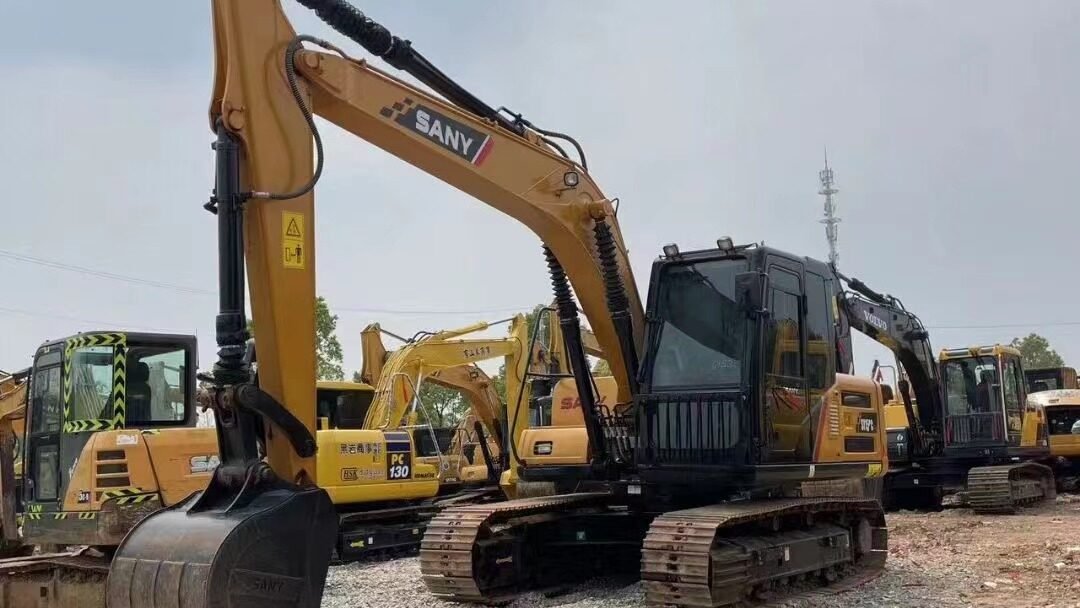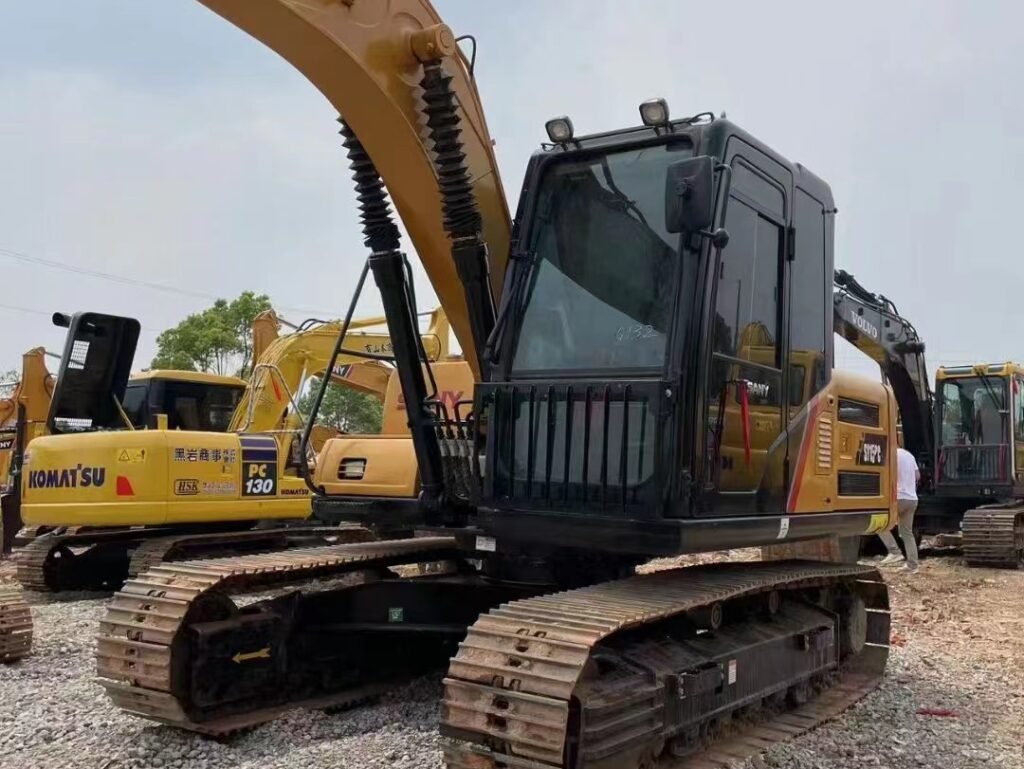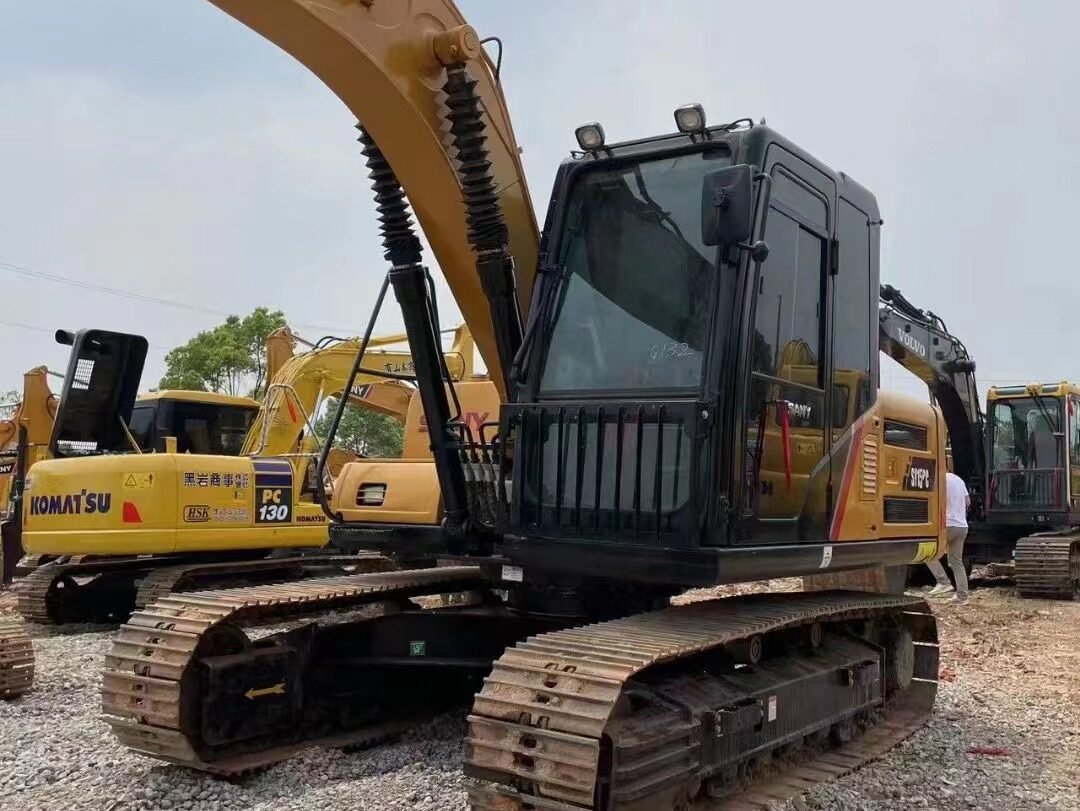I. Introduction
- Background
- With the development of the construction and engineering industries, excavators are increasingly used as essential equipment. During transportation and storage, excavators face numerous risks, such as accidental damage, theft, or natural disasters. These risks can lead to significant equipment loss and impact project timelines and financial stability. Therefore, understanding how to insure excavators during these phases is crucial.
- Purpose
- This article aims to answer common questions about excavator insurance, helping businesses effectively mitigate risks encountered during transportation and storage and ensure equipment safety.
II. Insurance Basics
A. What is Excavator Insurance?
- Definition and Importance of Insurance
- Excavator insurance is a specialized insurance product designed to cover risks associated with excavators, providing financial protection against loss, damage, or theft. By obtaining insurance, businesses can receive compensation in the event of an accident, alleviating financial burdens.
- Types of Basic Risks Covered
- Excavator insurance typically covers risks such as natural disasters (e.g., floods, storms), accidental incidents (e.g., collisions, rollovers), theft, and vandalism. The specific coverage may vary depending on the insurance terms.
B. Why is Insurance Important During Transportation and Storage?
- Potential Risks During Transportation and Storage
- During transportation, excavators may encounter collisions, falls, or adverse weather conditions; during storage, they may face theft, fire, or other accidents. Without insurance, businesses bear the entire financial responsibility for any losses incurred.
- Role of Insurance in Protecting Business Interests
- By obtaining insurance, businesses can reduce the financial risks associated with accidental losses, ensuring timely compensation in cases of equipment damage or loss, thereby protecting overall business interests and operational capacity.
III. Frequently Asked Questions
A. How to Choose the Right Insurance Company?
- Factors to Consider When Choosing an Insurance Company
- When selecting an insurance company, businesses should consider factors such as reputation, service quality, claims history, and customer reviews. Engaging in thorough communication with the insurance company to understand the available products and terms is essential for making an informed choice.
B. What Type of Insurance is Needed During Excavator Transportation?
- Types of Transportation Insurance
- Transportation insurance includes cargo insurance and comprehensive insurance, with specific choices depending on the mode and distance of transportation. Comprehensive insurance typically offers broader coverage, including accidents, natural disasters, and theft.
- Specific Coverage Details
- Transportation insurance usually covers compensation for equipment damage, loss, or theft. Understanding the details of the insurance policy, especially the exclusions, helps businesses better assess the coverage provided.
C. Is Insurance Necessary During Storage?
- Necessity and Applicability of Storage Insurance
- Insuring equipment during storage is crucial, especially if the equipment is stored outdoors or in unsafe conditions. Storage insurance protects equipment from risks such as natural disasters, theft, and fire.
- Risks During Storage
- Storage risks include theft, damage, or harm due to environmental factors (e.g., rain, snow). Businesses should determine the need for insurance based on the security of the storage environment.

D. How to Assess the Insurance Value of an Excavator?
- Assessment Methods
- The insurance value of an excavator can be assessed based on its market value or replacement cost. For newer equipment, replacement cost may be more reasonable, while older equipment can be evaluated based on market value.
- Factors Affecting Insurance Value
- Factors influencing insurance value include the equipment’s age, brand, condition, and market demand. Regularly assessing equipment value ensures adequate insurance coverage.
E. What is the Insurance Claim Process?
- Basic Steps and Required Documentation for Claims
- The insurance claim process typically involves reporting the incident, providing proof of loss, and completing a claims application. Required documentation may include photographs from the accident scene, repair invoices, and a copy of the insurance policy.
- Important Considerations and Common Issues
- During the claims process, businesses should maintain communication with the insurance company to ensure all documents are complete, avoiding delays due to missing information. Understanding the timeliness of claims is also crucial for prompt submission.
F. How to Reduce Insurance Costs?
- Enhancing Safety and Maintenance Measures
- Improving equipment safety and conducting regular maintenance can lower insurance costs. For example, installing GPS tracking systems and security monitoring can reduce theft risks.
- Choosing Appropriate Insurance Limits and Deductibles
- When purchasing insurance, businesses should select appropriate coverage limits and deductibles to avoid excessive premium costs. Adjusting these based on the business’s risk tolerance and actual needs is important.
IV. Conclusion
- Summary
- Insuring excavators during transportation and storage is a vital means of protecting business assets. Understanding relevant insurance knowledge and common questions helps businesses secure timely compensation in the event of risks.
- Recommendations
- Businesses should regularly evaluate their insurance needs to ensure comprehensive coverage of potential risks during transportation and storage. Maintaining good communication with insurance providers is also essential to stay informed about the latest policies and requirements.



